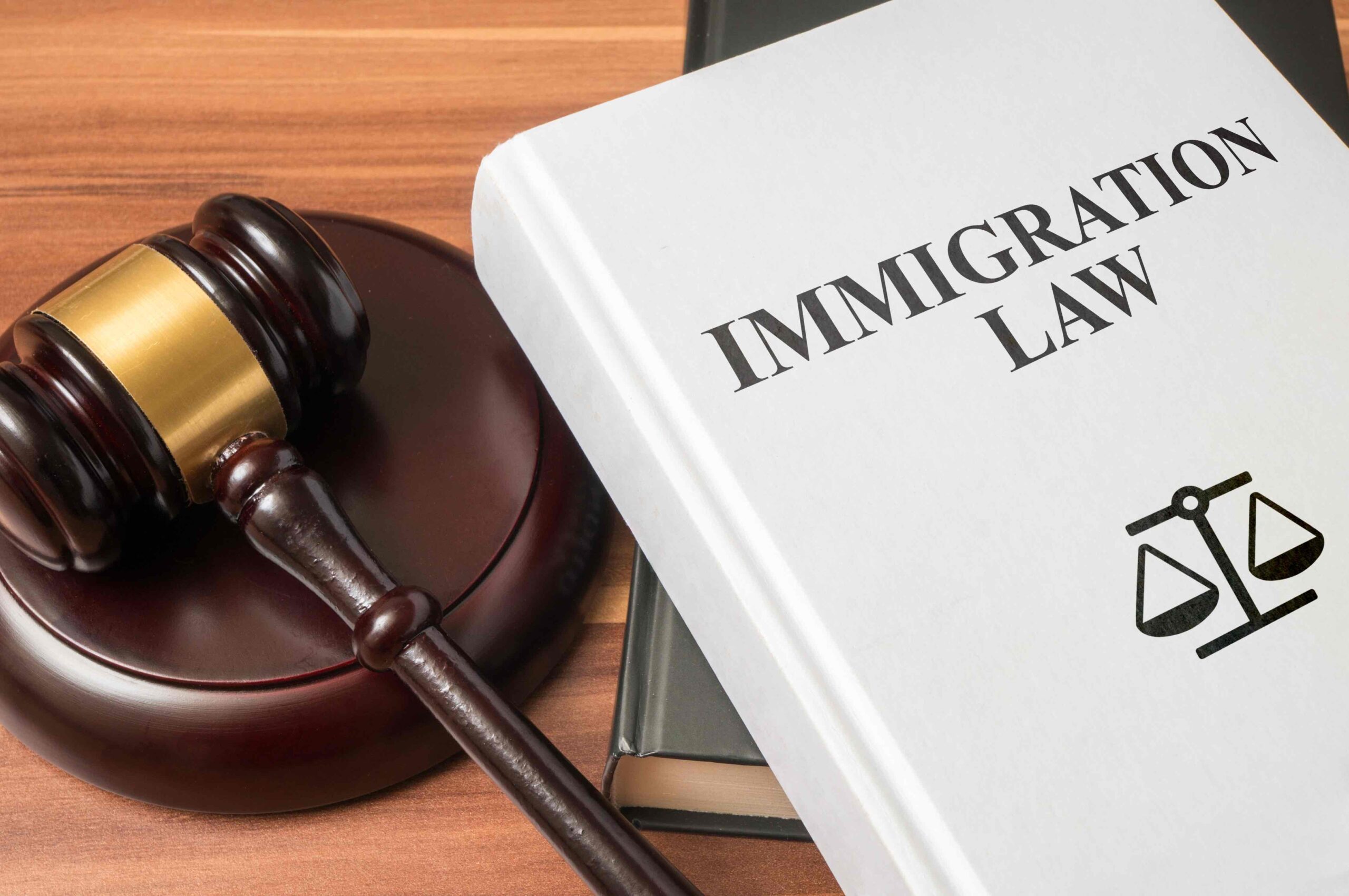Keeping your personal information secure online is essential, especially now that we live in a more connected world. The Internet makes it easy to access almost any piece of information you want to find, but that ease also comes with risks.
From hackers to scammers, plenty of people might try to exploit the Internet for their gain at your expense. Cybercriminals often target businesses. In fact, 60% of small businesses fail within six months because of suffering a data breach or cyberattack.
This article will walk you through some essential tips for keeping your personal information safe and secure online — so let’s get started!
Be Alert for Phishing Scams
A phishing scam is when a hacker tries to access your information by pretending to be a trustworthy source — usually a website or store you shop at often. The hacker might send an email that looks real and might even have some correct information about you in it. If you own a company and have employees, make sure to raise awareness about this issue!
The best way to avoid phishing scams is to always be suspicious. If you get an email you’re unsure about, don’t click on any links in the email or open any attachments. Instead, call the company that the email appears to be from to double-check that it’s real. You can also report the email as a phishing scam.
This video provides a clear explanation of phishing scams.
Use Strong Passwords
Using strong passwords is crucial for online safety. The best way to make a strong password is to combine letters, numbers, and symbols in a way that is easy for you to remember — but hard for other people to guess. But it isn’t always easy to recall such passwords when needed without repeating them on other sites, is it?
That’s where password managers come in handy. A password manager securely stores your passwords and can auto-fill them when you log in to different websites. Then you don’t have to remember a bunch of different passwords, and they all stay organized and hidden from hackers in the online locker.
If you want to determine what password manager would be more suitable for you, this article will help you.
Have Disaster Recovery Plans
If you are a business owner or work online, you must implement measures to protect your data. In the case of an attack, whether it is from a virus or a ransomware attack, you need to have a recovery plan in mind.
Creating deliberate and efficient disaster recovery plans can be challenging, but no company is immune to IT disasters. Therefore, having a solid disaster recovery plan ensures that your business can continue operations and safeguards any online information.
Protect Yourself With Encryption Through VPN
A Virtual Private Network (VPN) is a private network that allows you to connect to a remote network securely over the Internet. It encrypts all your traffic, making it impossible for anyone to track it back to you or access any of your information.
Using a VPN can make it much more difficult for hackers or other cybercriminals to steal your personal information and use it against you.
A VPN offers privacy protection on all your devices, including your laptop, tablet, and smartphone. That way, no one will be able to see what websites or apps you’re visiting.
Still not sure how VPNs work? Watch this simple video.
Conclusion
While there’s a lot in this article to take in, in the end, it’s important to realize that your best protection comes from common sense. Intelligent behavior can pay off big-time in cyber security because you’ll be protected well in the long run and won’t experience likely damage









































